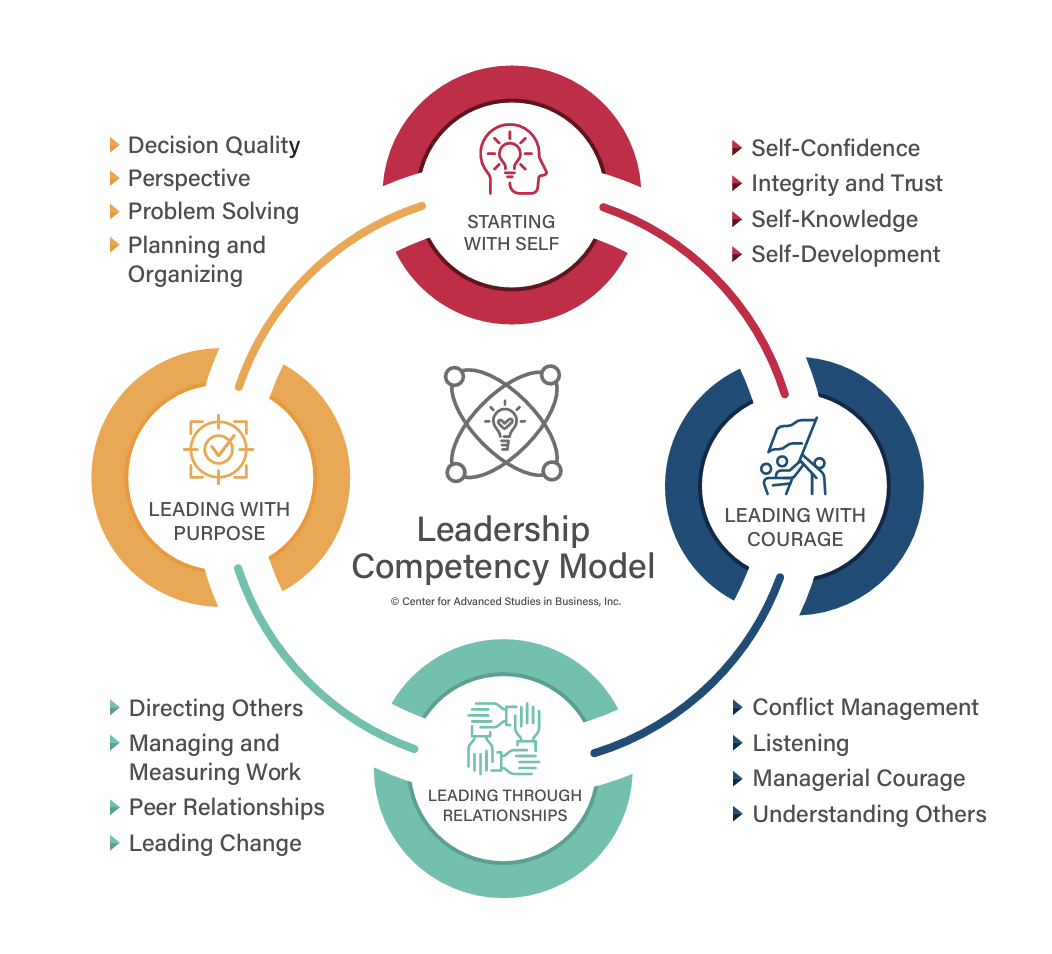
By Paul Kern, Senior Director of Learning Innovation, Wisconsin School of Business Center for Professional and Executive Development
As a learning and development leader, I have witnessed over the years the continual transformation of how we deliver learning and development programs to participants. The enhancements of technology have brought about opportunities to reach learners in greater capacities with more ease than ever before. Since the pandemic, this need has dynamically increased due to an even more hybrid or fully remote workforce and the desire from employees to balance work/life opportunities.
As learners turn more to flexible learning options, executive education can embrace new models, one of which is the hybrid model. The hybrid model, which includes a combination of in-person and virtual learning, provides an “anytime” digital platform while retaining the richness of face-to-face interactions in which executive education has become known.
Often, I hear that hybrid learning is a response to logistical challenges, however, a hybrid learning approach is a strategic approach built to enhance learning opportunities. The approach allows for learners to engage with content at their own pace leading to a deeper in-person session for interactive learning. This format allows learners to come “primed” with increased knowledge, questions, self-reflection, and personalized examples.
A Gitnux Maketdata Report indicated that hybrid models can increase student engagement by as much as 16% and increase subject matter retention by 17% compared to traditional classroom learning.
Emerging Leaders Academy: Hybrid Success Story
CPED’s new Emerging Leaders Academy is a professional development program delivered in the hybrid model. The Emerging Leaders Academy provides early-stage mid-level leaders and those who lead others through cross-project work the ability to self-reflect on key leadership competencies that support their growth journey and increase their impact. This growth journey can be expanded even more with an optional 360-degree evaluation and coaching session.
During the needs assessment of the design process, it was clear that leaders were looking for professional development that would balance their busy schedules. This balance is a hallmark of a hybrid program. Not only does it allow for more balance, learners are able to engage with foundational concepts at their own pace and then come together for an in-person workshop to build deeper awareness.
The Emerging Leaders Academy’s modules include self-paced online elements followed by an in-person workshop. The self-paced module allows the participants to become familiar with key ideologies and then self-reflect on these components. The in-person workshop expands the key competencies in each module by adding the next layer of depth. To ensure these core concepts remain active after the session, microlearning bursts are deployed after each module to keep the core concepts front and center.
The Emerging Leaders Academy contains four modules: Starting with Self, Leading with Courage, Leading through Relationships, and Leading with Purpose delivered over several months.

During the initial cohort, 93% of learners reported they felt more prepared to discuss their personal leadership purpose and values, as they were offered the ability to self-reflect on concepts such as emotional intelligence, wellbeing, and servant leadership. While 96% of learners reported they felt more aware of the qualities of a “courageous leader.”
As the business world continues to face rapid change, the flexibility and adaptability of a hybrid professional development will begin to play a more pivotal role in reaching learners who need flexibility, a balance of experiences, and personalized exploration to enhance their growth journey. By embracing the hybrid model, your organization demonstrates it is not just adapting to change but leading the way and serving your employees in a way that meets their needs, not just the organization’s.
If you’d like to learn more about how you can incorporate hybrid professional development programming at your organization set up a meeting with one of our solutions advisors to start the conversation.
Connect with a Solutions Advisor

Paul Kern is the Senior Director of Learning Innovation at the Wisconsin School of Business Center for Professional and Executive Development. He has over 15 years of experience in corporate learning and development. His specialties include instructional design, facilitation, eLearning, and learning strategy/innovation. Paul is an avid AI explorer and has led learning and development teams in the health insurance, financial services, and executive learning sectors. Paul has a Bachelor of Science in Elementary Education from Winona State University and a Master of Science in Curriculum and Instruction: Educational Technology from the University of Wisconsin–Madison.